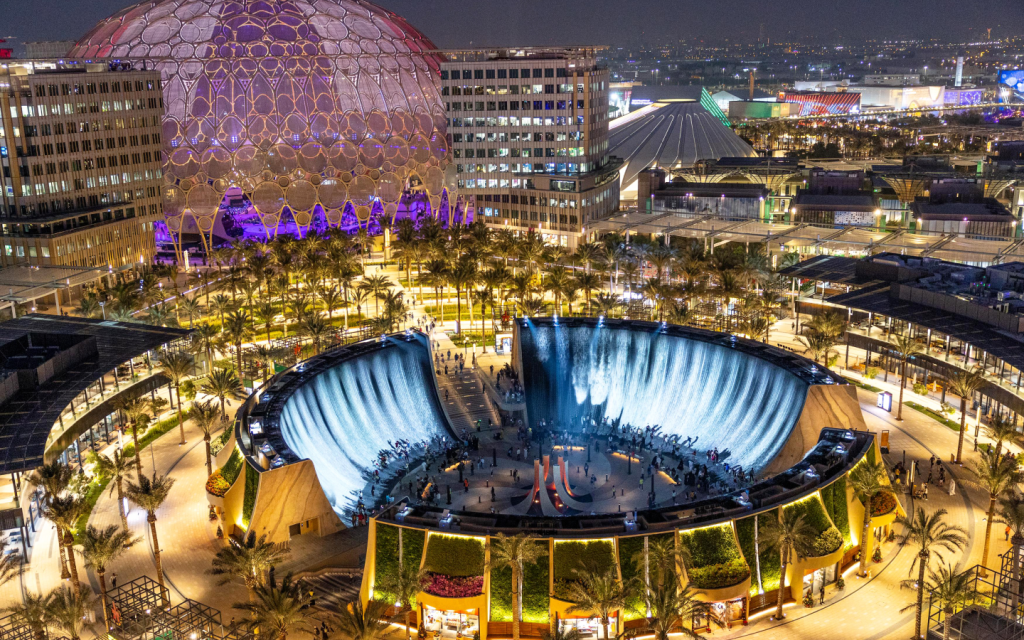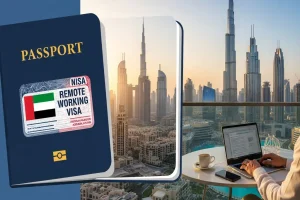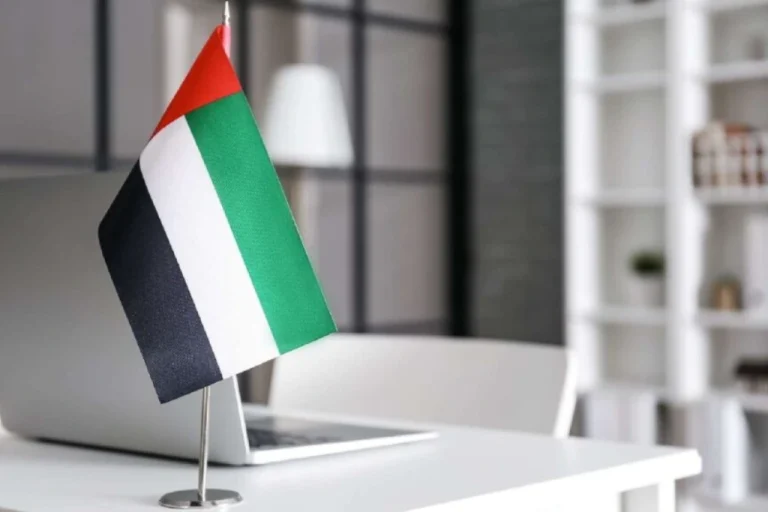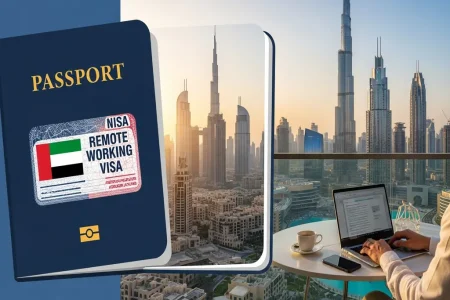Freelancers are playing a big role in shaping the UAE’s new economy and the change is happening fast.
Right now, more than 100,000 licensed freelancers are working across the UAE. They are not just in one field — you will find them in tech, media, education, healthcare and even sustainability. This growing trend is not just local. Globally, the gig economy hit a massive $455 billion in 2023. And guess what? The MENA region is one of the fastest-growing parts of it.
Government-Driven Freelance Policies in UAE
Well, the government has made it easier than ever to go solo. There are special freelance visas now, simpler ways to get licensed, and flexible rules in free zones.
Freelancer Visas & Permits in UAE
The UAE offers freelancer visas and permits through several free zones—no company setup needed. You can legally work, invoice clients, and even sponsor a visa for yourself.
Expo City Dubai
Expo City Dubai offers flexible one- or two-year freelance permits and acts as a creative hub with events, coworking spaces, and transport access.

Area-Specific Zones with Tailored Licensing
Dubai Internet City & Media City: ideal for IT, digital, media and design freelancers.
TECOM / GoFreelance: unified platform for media, education, tech and digital design
Fujairah Creative City: affordable for creative professionals
Shams (Sharjah): tightest budget — great for content creators and designers
Twofour54, Abu Dhabi: media/entertainment-focused hub with top-tier production facilities.
Ajman & UAQ Free Zones: ultra-low-cost freelance options, often including visa sponsorship
RAKEZ: broad support, coworking access, and visa-linked freelancer permit.

Cost & Package Options
Shams (Sharjah Media City): starting ~AED 5,750/year.
RAKEZ: from AED 6,100–11,500/year; includes access to coworking and can grant UAE residence visa.
Dubai zones (Media, Internet, Design, TECOM’s GoFreelance): AED 7,250–10,000+
Fujairah Creative City, Ajman Free Zone, UAQ: range AED 6,000–13,500 depending on visa inclusion.
Documents required typically include a passport copy, valid Emirates ID or sponsor NOC, a portfolio or qualification, and standard application forms.

Why Freelancers Fit UAE’s Economic Vision
Most freelancers globally are under 35 and the UAE’s no exception. It’s mostly young people, tech-savvy and independent by nature, carving out their own paths. Creative gigs, digital work, flexible schedules—that is their world. They are not waiting around for traditional jobs. They are building their own careers on their own terms.
This new way of working is also helping the UAE handle change better. Freelancers can move fast, shift directions, and support new industries as they emerge. That flexibility makes the whole economy stronger and more ready for the future.
Here are a few inspiring examples of freelancers making it big in the UAE.
Jason Kwao – From Pizza Delivery to a Million-Pound Agency
Just a couple of years ago, Jason Kwao was delivering pizzas in the UK. Things were tight. He and his wife Sumekka had started selling homeware online, but it didn’t really take off the way they’d hoped. So they made a bold move — they packed up and came to Dubai.
They started fresh, working from a small apartment, building their agency, Intermast, from scratch in early 2024. It was not glamorous. No investors. No big office. Just grit, late nights, and a lot of trial and error.
Fast forward a year — their agency is now valued at over £1 million, and they have hired five team members. Jason says it still feels unreal. “We came here with a laptop and a dream. Dubai made it possible.”

Pakistani Freelancer Success Stories in the UAE
Shahzad Ahmed – From Lahore’s Uncertainty to UAE’s Global Market
Back in Lahore, Shahzad was grinding as a freelance software developer. In Lahore, Shahzad had mad skills, a handful of freelance clients and serious hustle—but somehow, he could not get ahead. “People weren’t reliable with payments, and every time I converted dollars to rupees, the exchange losses cut into my take-home pay. I was making about $1,500 a month,” he says.

So, in 2022, he moved to the UAE. The change was not instant, but pretty soon things felt different. Payments rolled in on time. The clients were bigger.
Within just three months, he had secured a few big contracts that pushed his monthly income to nearly $7,000.
“Clients just took me more seriously here,” he says. “They saw the UAE address, the reliable setup, and payments started flowing without delays.”
Today, Shahzad is not just earning more—he’s got long-term clients from Europe and the U.S., he no longer worries about payment platforms crashing, and he feels part of a real global freelancing ecosystem. “Moving to the UAE was not just about money—it gave me the professional respect I had been working for all along.”
Sarah Mahmood – Digital Marketing Consultant from Karachi
Sarah shared a similar journey. She struggled with outdated payment platforms and being perceived as “just a freelancer.” After moving to the UAE, she gained multiple payment options and began landing international contracts. Today, she is seen as a global digital marketing consultant, not tied down by local constraints.

In Conclusion: Freelancers Fueling the UAE’s Future
Freelancers aren’t just helping themselves — they’re helping the country grow. With government support, community backing, and modern workspaces like those at Expo City, freelancers in the UAE are doing more than earning a living. They’re shaping the future of work.

Also read this: Why the UAE Stands Apart: A Federation and Monarchical Unity







